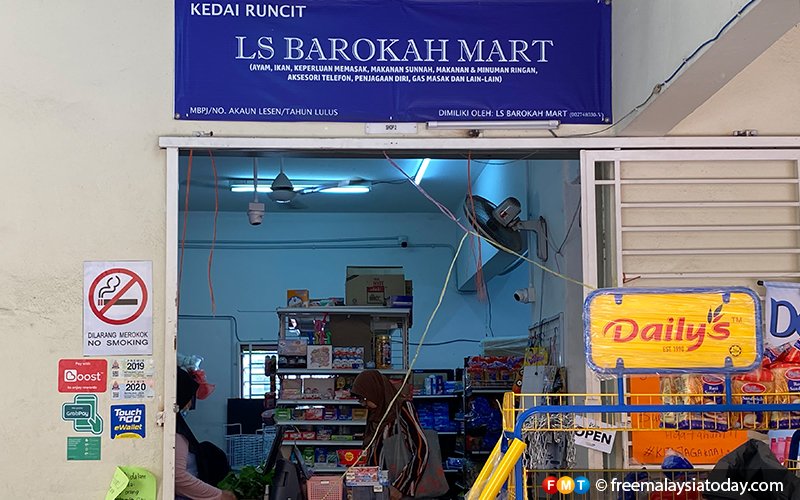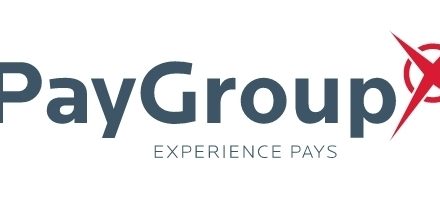PETALING JAYA | More than half of the country’s SMEs will either downsize or restructure their businesses when the movement control order (MCO) is lifted.
A recent survey by the SME Association of Malaysia found that 23% of SMEs would downsize their businesses after the MCO while 28% said they would restructure – with only 19% believing they would be able to resume operations as usual.
“This will definitely affect the economy if the government doesn’t come up with support programmes,” SME Association of Malaysia president Michael Kang told FMT.
“Those who are not able to continue their business in the next three to six months will close down,” he warned.
Implemented on March 18 to stem the spread of Covid-19, the MCO is scheduled to end on May 12.
However, businesses have been allowed to operate under strict standard operating procedures (SOP) under the conditional movement control order (CMCO), which came into effect on Monday.
A total of 4,280 SME representatives from across the country participated in the survey titled “Voices of the Malaysian SMEs on Sustainability & Survival during MCO”.
Other key findings from the survey show 57% of the businesses reporting zero income during the MCO and 40% stating their revenue had dropped by at least half.
Around 36% of the SMEs said they had enough cash flow to last until the end of May, 21% until end of June and 17% until July.
Among the initiatives to alleviate short-term cash flow problems faced by SMEs during this period include the Special Relief Facility (SRF), for which Bank Negara Malaysia (BNM) has allocated RM5 billion.
Finance Minister Tengku Zafrul Aziz today announced that as of Tuesday, loans totalling RM3 billion had been approved for 6,840 SMEs under the government’s various financing schemes rolled out to help SMEs, with the majority of the amount from the SRF.
However, 51% of the businesses in the survey said they did not apply for the SRF.
Kang, who hoped to see the fund expanded, also called for a relaxation of some of the conditions, such as getting approval from the applicants’ banks, the Credit Guarantee Corporation and BNM.
“I suggest that the SRF’s funds be increased to RM50 billion through government banks like SME Bank, Bank Rakyat, Bank Simpanan Nasional (BSN) or Agrobank. I also hope the three levels of agency approvals can be changed to just BNM alone,” said Kang.
© 








